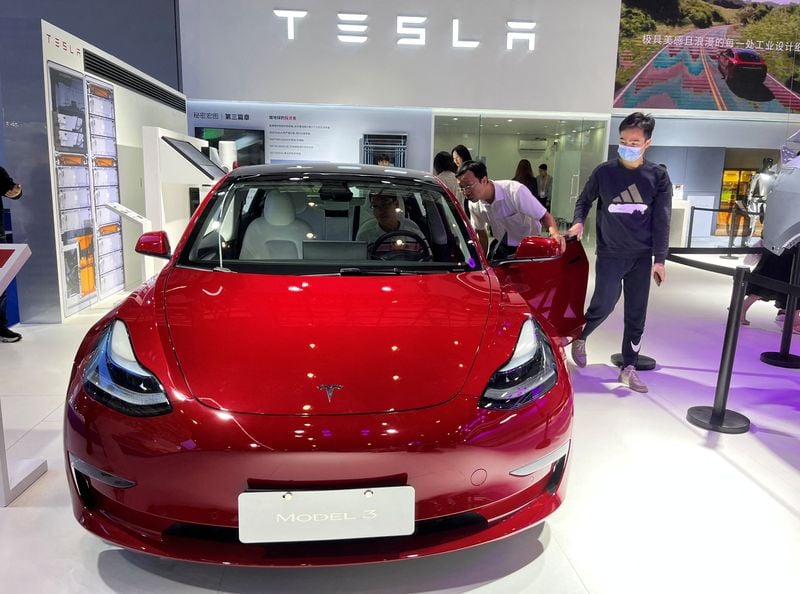TRENTON, NJ – As many New Jerseyans balk at the prospect of being told to buy an EV, many disciples of Governor Phil Murphy and the Democrat party are going ahead and buying electric vehicles ahead of the 2035 ban. Many are citing a federal EV tax credit, but here’s what you need to know before you buy, because not everyone will receive a credit.
On Friday, the U.S. Treasury Department released new guidelines regarding the utilization of the $7,500 electric vehicle (EV) tax credit as an immediate point-of-sale rebate starting in January.
At present, consumers can only benefit from the $7,500 new EV credit or the $4,000 used EV credit when they submit their tax returns the subsequent year. However, from January 1, consumers will have the option to transfer these credits to car dealers, effectively reducing the vehicle’s upfront cost. This modification aims to stimulate EV sales.
The latest guidelines stipulate that consumers must affirm they fit within the income thresholds to be eligible for the tax credit. Otherwise, they’ll be obligated to repay the amount when they file their tax returns. The adjusted gross income constraints are set at $300,000 for married couples and $150,000 for single individuals.
This shift in the EV tax credits was sanctioned by Congress in August 2022 as a segment of the $430 billion Inflation Reduction Act (IRA). Further details about registration processes and the transfer mechanics for car dealerships have also been disclosed by the Treasury.
Car dealers intending to offer these credits will need to register through a new IRS platform. From January, upon registering vehicle sales with the IRS, dealers can anticipate receiving tax credit payments within a span of 72 hours.
The guidelines issued on Friday state that these credit transfers and advanced payments would typically not influence the tax obligations of dealers. Additionally, these dealer payments won’t be counted as part of a consumer’s gross income.
The 2022 IRA legislation necessitated that to qualify for any of the tax credits, vehicles must be manufactured in North America. This stipulation removed almost 70% of previously eligible models. On the first day of January, new pricing limits on qualifying EVs, as well as income restrictions on buyers, came into force.
In April, the Treasury adopted new rules emphasizing sourcing battery components and essential minerals to qualify. The Biden administration is expected to issue further guidelines later this year, defining what a “Foreign Entity of Concern” entails. This definition will later disqualify EVs from credits if their battery components or if the batteries themselves contain critical minerals sourced from such entities.
The Environmental Protection Agency has proposed guidelines predicting that by 2032, 67% of new vehicles will be electric.

